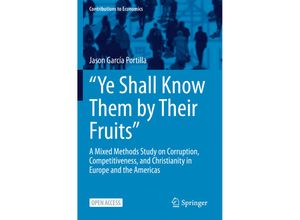
EAN: 9783030785000
Produktdaten aktualisiert am: 10.08.2025
Bilder-Quelle: discount24.de - Sport-Freizeit

Letzte EAN Aktualisierungen:
9783506760364 - Eco-Theology Gebunden9781501515675 - Umberto Eco in His Own Words...
9783319579450 - Ecosystem Services of Headwa...
4053026488556 - TAS Fujitsu KB521 GB
9783825348274 - The World Beyond Kartoniert ...
9783030035617 - Social Responsibility and Su...
9781784776787 - North Cyprus - Diana Darke M...
kürzlich hinzugefügt:
9783506760364 - Eco-Theology Gebunden9783319579450 - Ecosystem Services of Headwa...
9783030035617 - Social Responsibility and Su...
9783825348274 - The World Beyond Kartoniert ...
9781784776787 - North Cyprus - Diana Darke M...
9781501515675 - Umberto Eco in His Own Words...
4053026488556 - TAS Fujitsu KB521 GB